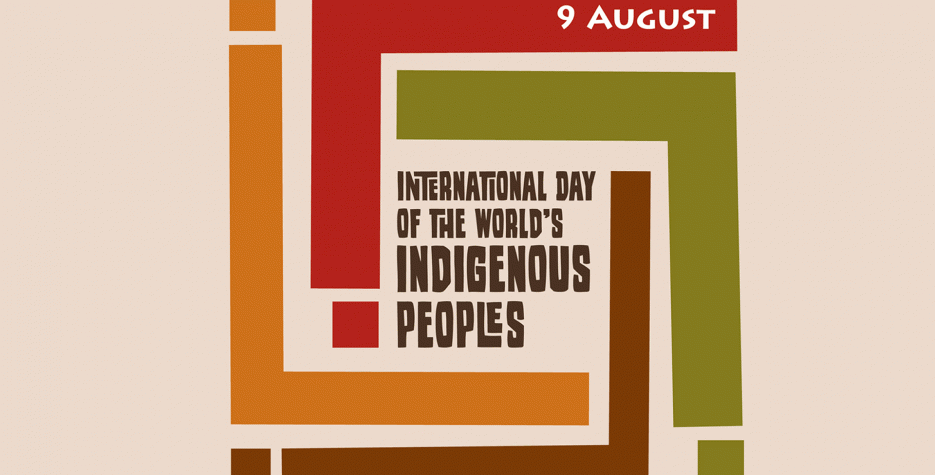When is Indigenous People's Day?
Indigenous People's Day is a public holiday in Suriname observed on August 9th each year, on the UN's International Day of the World's Indigenous Peoples.
This day is intended to raise awareness of this population group and to acknowledge their importance to the heritage of Suriname.
History of Indigenous People's Day
The Indigenous peoples of Suriname can trace their roots back some 5,000 years, with the Arawak and the Carib (who gave their name to the Caribbean) being notable tribes who first settled in the region.
It wasn't until the 16th century that European settlement began, forever changing the ethnic makeup of the country.
Today, Indigenous peoples account for about 4% of the 541,000 population. Suriname is known for the diversity of its population and its public holidays reflect that, so it is fitting that Indigenous peoples have their day of recognition.
Unlike Indian Arrival Day which can use the exact date when Indian workers arrived in Suriname, there is no specific date that is significant for the indigenous peoples.
In other countries, the arrival of Columbus in the new world on October 12th 1492 is used to celebrate the pre-Columbian peoples of America. Suriname decided instead to use the date of the International Day of the World's Indigenous Peoples.
In December 1994, the United Nations General Assembly decided that the International Day of the World's Indigenous Peoples should be observed on August 9th each year. The date was chosen in recognition of the first meeting of the UN Working Group on Indigenous Populations of the Sub-Commission on the Promotion and Protection of Human Rights held in Geneva in 1982.
The day is needed, as across the world, Indigenous peoples are often among the poorest ethnic groups in society. According to the UN, indigenous people make up less than 5% of the world's population but account for 15% of the poorest.


